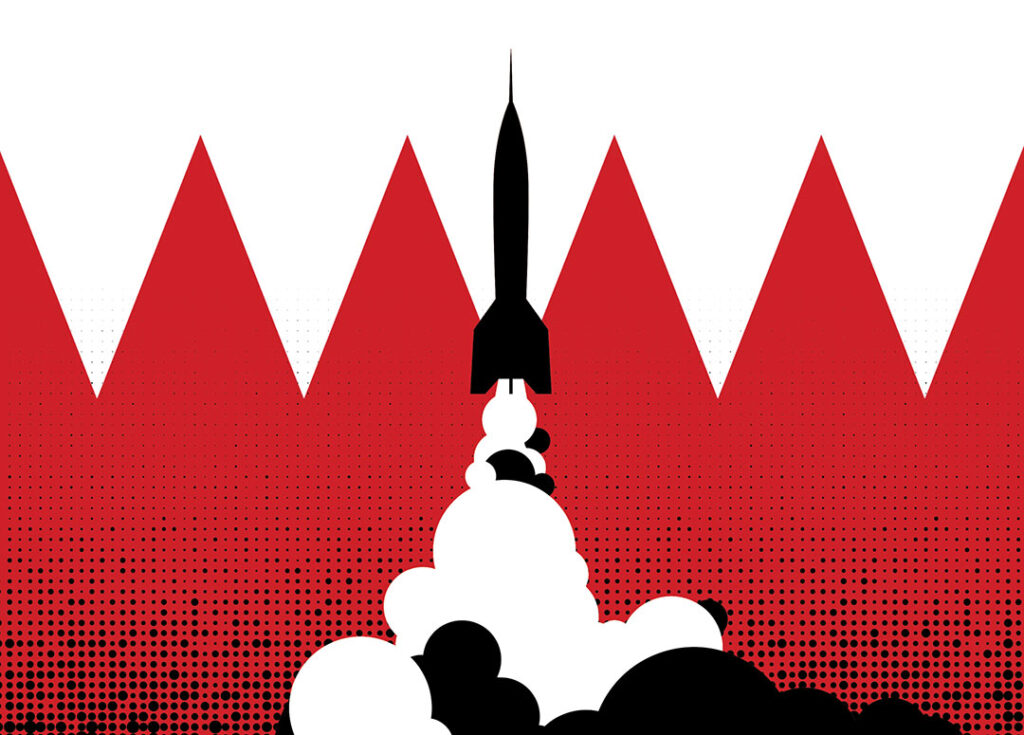UNIPATH STAFF
Several years after forming its National Space Science Agency (NSSA), Bahrain became the second Arab nation to sign the Artemis Accords, a U.S.-led agreement to create internationally recognized rules for space exploration.
Mohamed Al Aseeri, head of the Bahrain space agency, signed the accords in March 2022 during a session of the U.S.-Bahrain Strategic Dialogue. The country deployed its first satellite, called Light-1, in February 2022. The jointly financed Bahraini-Emirati project aims to measure atmospheric gamma rays.
“I am so pleased to see Bahrain has shown its commitment to the peaceful exploration of space by signing the Artemis Accords,” NASA Administrator Bill Nelson said. “This important decision by Bahrain follows the recent successful launch of the Light-1 spacecraft, developed by Bahrain’s National Space Science Agency in cooperation with the United Arab Emirates, another Artemis Accords signatory.”
NASA, together with the U.S. Department of State, announced the Artemis Accords in 2020, timed to coincide with planning for a U.S.-led mission to return astronauts to the moon by 2024.
Bahrain’s signing of the accords was a topic of a March meeting between His Royal Highness Bahraini Crown Prince
and Prime Minister Salman bin Hamad
Al Khalifa and United States Secretary of State Antony Blinken.
Bahrain was the 17th country to join the accords. Though it has announced no plans to participate in upcoming moon exploration, the country’s space agency defined one of its missions as promoting “space science and associated technological concepts.”
The year 2022 also marked Bahrain’s selection to be part of a program sponsored by the United Nations Office for Outer Space Affairs. Bahrain’s NSSA was chosen to develop a satellite payload — called Aman — to help secure communication between the satellite and a ground station. The UAE is also involved in the project.
“Aman is considered the first Bahraini payload fully designed, integrated and tested by NSSA,” Al Aseeri said.
“This opportunity is unprecedented in our quest to contribute meaningfully to the global effort towards sustainable, peaceful use of outer space and building national capacity in the space field.”
Sources: NASA, SpaceNews, The National

